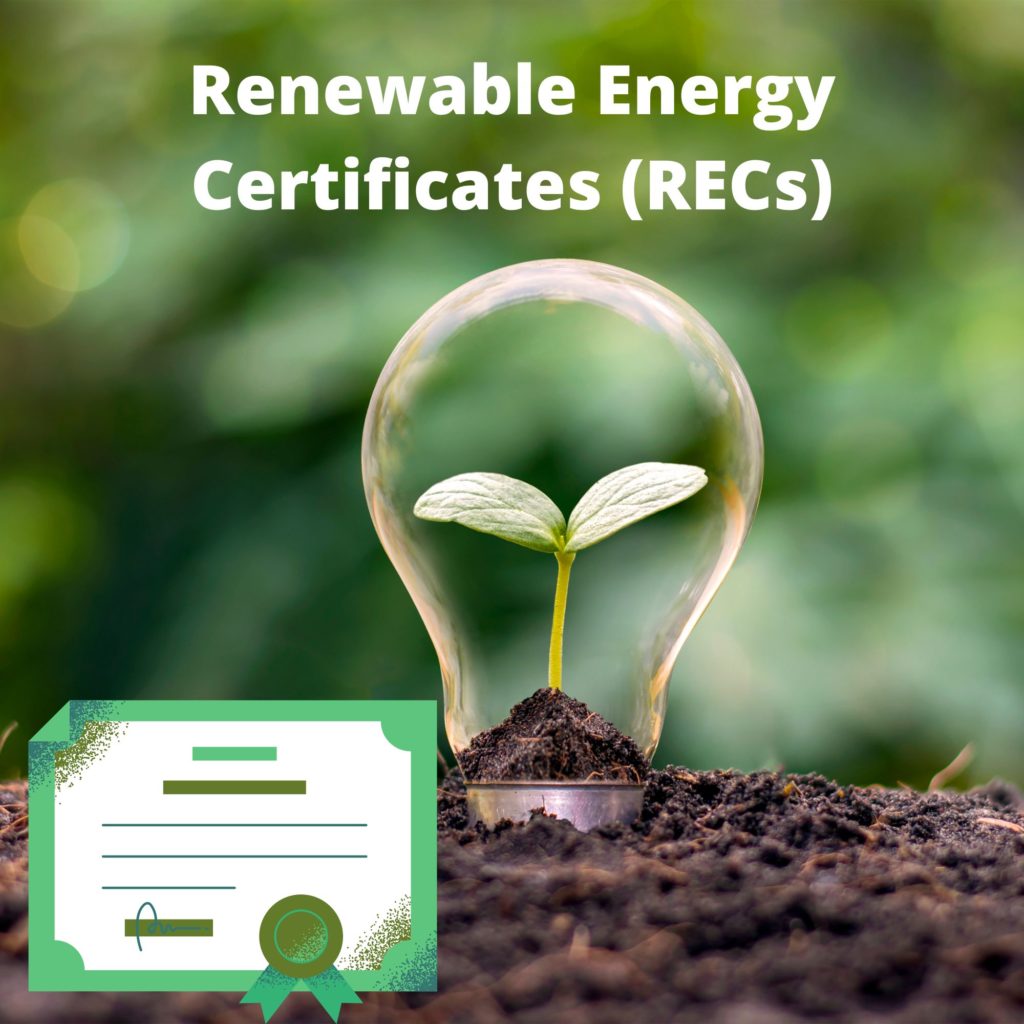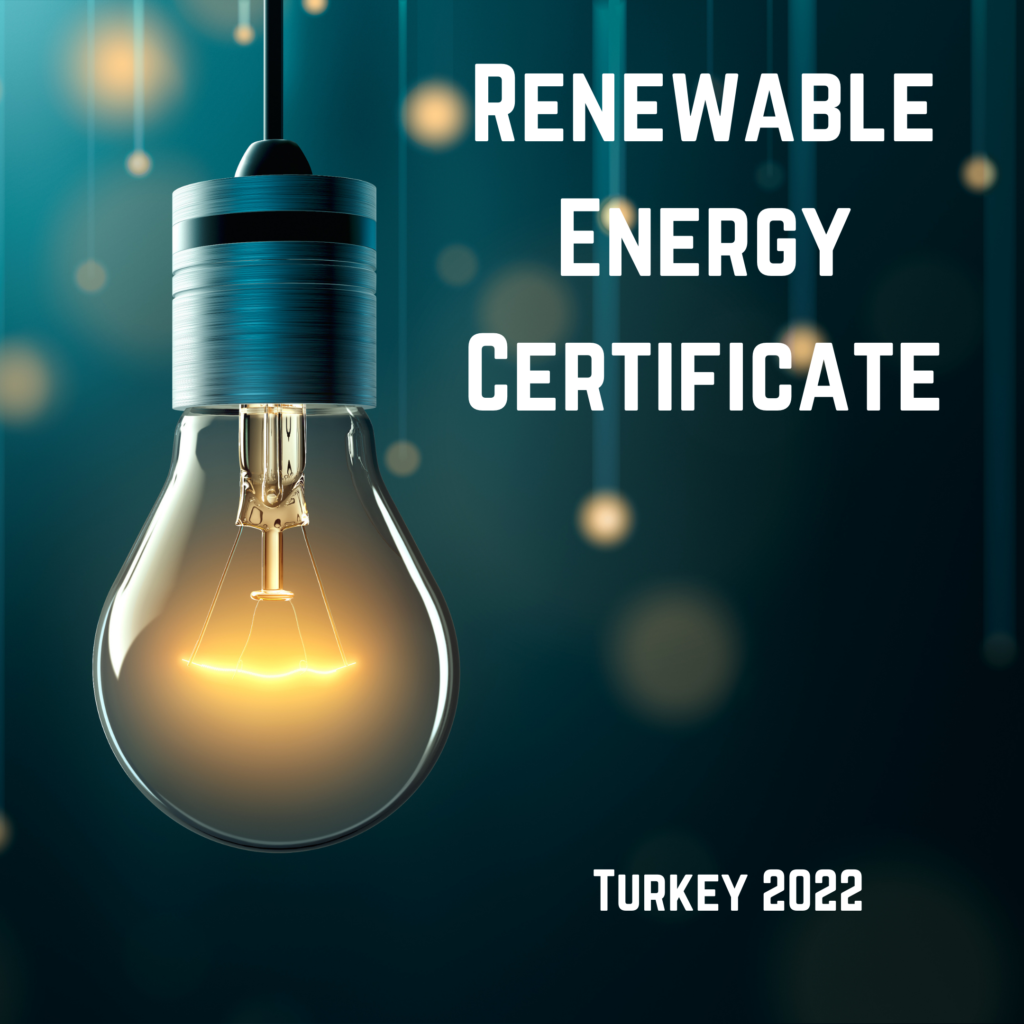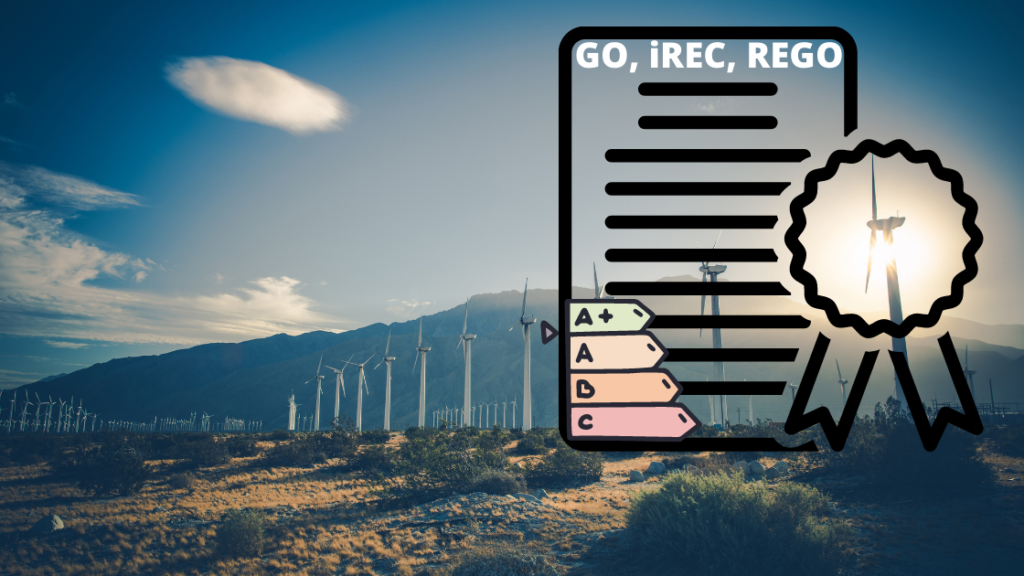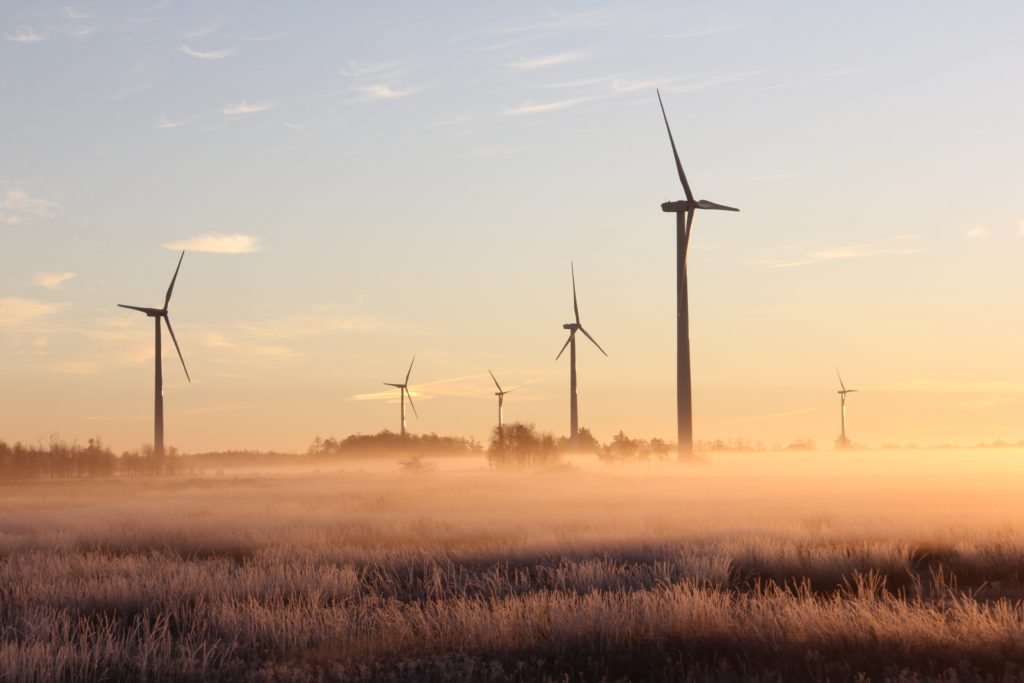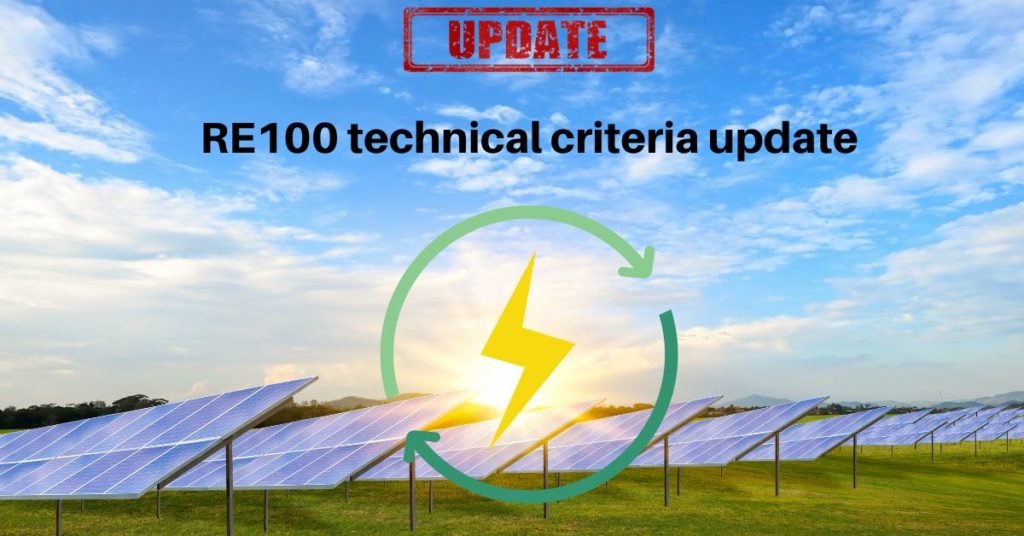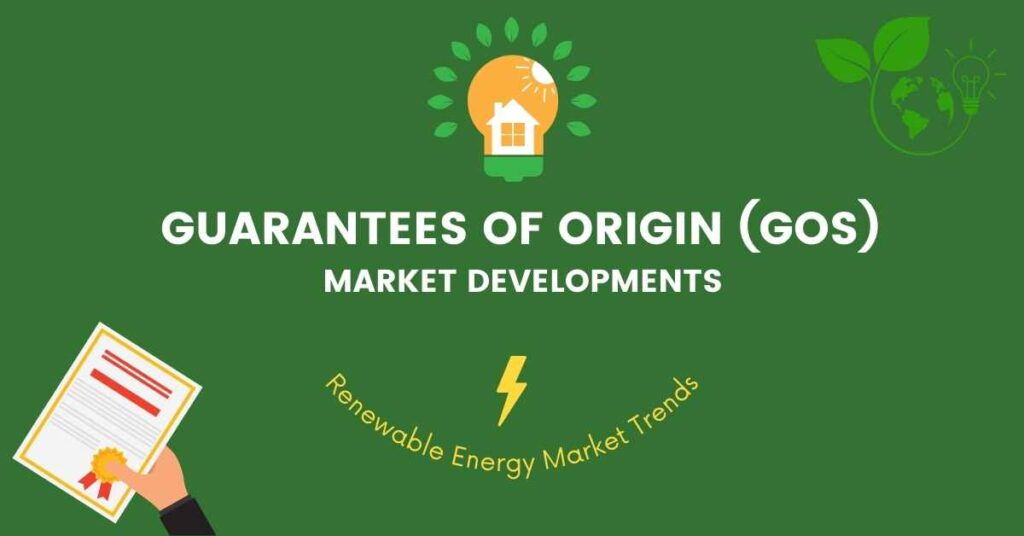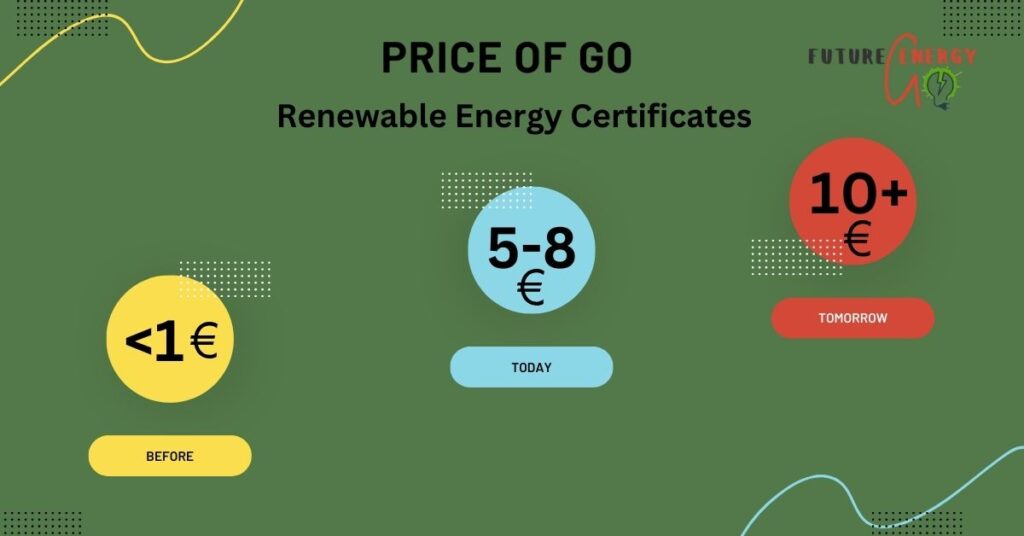About RE 100
RE100 organization is the global corporate renewable energy initiative bringing together hundreds of large and ambitious businesses committed to 100% renewable electricity.
The number of companies joining the RE100 has increased year over year, with over 23 firms joining in 2022 alone, bringing the total number of members to 372. The combined electricity consumption of 315 reporting members in 2021 exceeded 340TWh. The demand from these members has significantly influenced and will continue to impact the demand for renewable energy significantly.
According to the RE100, for a company to be considered 100% renewable it “must procure or self-produce 100% of its electricity throughout its entire operations from renewable sources.”
Companies can achieve 100% renewable electricity via the below 4 means:
- Invest in energy efficiency projects (smart metering, cooling, etc.)
- Install on-site renewable generation technologies, such as Wind and Solar
- Sign long-term Power Purchase Agreement (PPAs)
- Purchasing RECs
The RE100 also sets specific requirements and conditions for corporate committed to achieving 100% renewable energy. One of the main criteria is the market boundary rules which define Europe as a “Single Market” for renewable electricity because of its grid interconnection, meaning corporates can buy GO certificates in one market for a consumption volume in a different market.
What has changed for RECs?
In Feb’22, the RE100 launched a public consultation on three proposed changes to its technical criteria. Since the renewable energy market is an everchanging landscape, revisions are made to the technical criteria every two years in March. The next planned update will be published in March 2023.
The following 3 key changes are proposed:
- Make AIB membership the market boundary for Europe;
- Accept physical cross-market procurement when certain conditions are met;
- Introducing a 15-year limit on commissioning dates which RE100 members may claim purchased (not-self generated) renewable electricity from.
AIB Member Countries
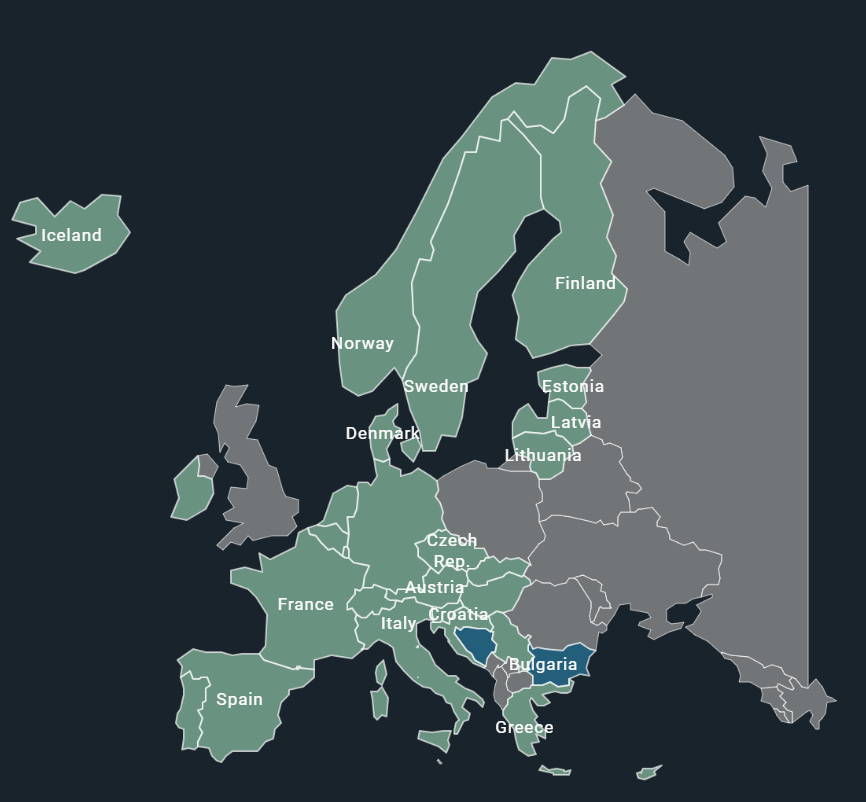
The RE100 and CDP have taken note of the legal framework governing procurement between the UK and continental Europe concerning the UK. While mutual recognition is being discussed, it is anticipated that the UK will stop receiving EU renewable electricity in the short-to-medium term.
However, the CDP and RE100 have stated in their proposals that, should the UK join the AIB, their separate policies would accept it as a part of the European market boundaries. This is presumed to apply to any additional European nations that join the AIB, whether they are already on the list above or are newly admitted. If you wish to learn more on how to procure renewable energy certificates (RECs) for a corporate, please check this article.
What does it mean for a Corporate buyer?
- Non-AIB GOs, e.g. Polish GOs, can no longer be used for energy volume consumption in AIB markets;
- AIB GOs, such as Nordic GOs with ex-domain cancelation in France, can no longer be used for non-AIB member markets, e.g. Romania;
- RE100 members can no longer buy GOs from power plants older than 15 years.
The RE100 consultation ended at the end of May’22. Over the rest of the summer, the RE100 will confirm which changes we will make and develop the final language for them.
The market expects that PPA and RECs contracts signed before the change should be excluded from this restriction. The market also expects that these new changes can further inflate RECs and PPA market prices due to the lack of new RES projects in the EU compared to booming demand from corporate buyers. Please check this article to get the latest insights into the REC market prices and future outlook.
This also can mean that existing PPA projects are leaving government FiT support systems will no longer be of corporate buyers’ interest. Potentially, these power plants would be decommissioned, as the assets will often be older than 15 years. Most of the RECs in major European markets, e.g. Italy and Germany, still come from old Hydro and Wind. Hence, there cannot be enough newly built solar/wind at affordable prices to meet all the corporate demand. Therefore, it would not be a surprise to see RECs market price trade between 3 to 5 EUR/MWh from the current 2.5 EUR/MWh in the near future.
The intent behind the 15 years limit on renewable power plants is due to the RE100 aim to stimulate further the purchase of renewable power, which increases additional RES capacities to the grids. While older renewable production is still a valuable resource for the grid, purchasing from it does not significantly alter the composition of the grid.
The demand for local renewable energy and local RECs will also dramatically rise because under the new regulations, RE100 members with operations in non-AIB countries would only be permitted to obtain domestic resources. However, renewable energy recourses from which RE100 members could source should also grow as more physical links are made between the EU and third neighboring countries (e.g. Ukraine).


